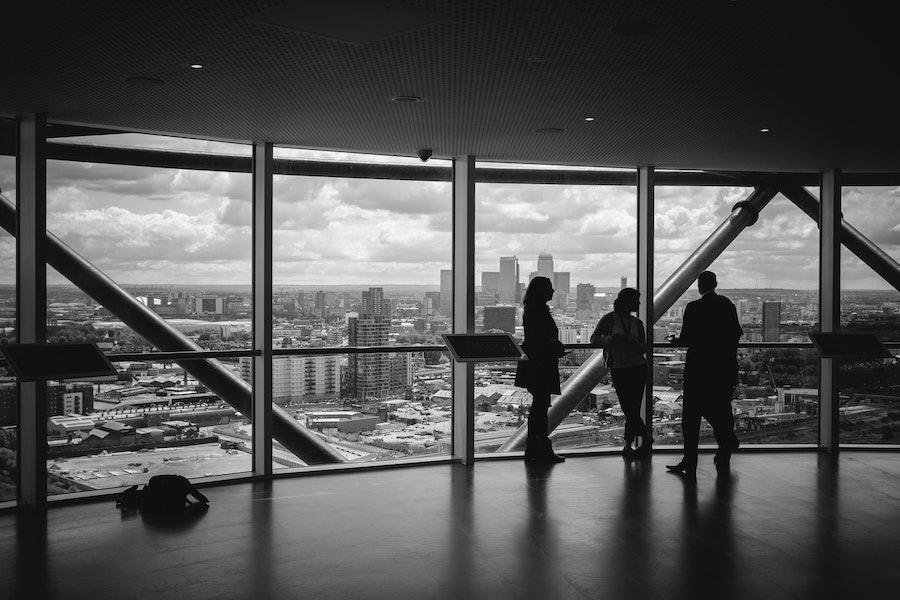F.A.Q.
Check out our frequently asked questions or contact us for any further information about #wegozero.
Zero waste is a movement and way of living that is supporting the circular economy. Living zero waste means to maintain all resources given by producing and consuming responsibly, reusing and recovering all materials without harming the environment.
Moving towards zero waste and living close to zero waste is possible by minimising waste in our day to day lives. If we will ever be able to live fully zero waste lies in our own hands.
The 5 R’s build the basis of being zero waste and help you persue a sustainable lifestyle:
- Refuse: refuse as much as you can, no matter if it is plastic bags, non-recycable packaging or overconsumerism. Less is more.
- Reduce: what do you really need ? what are you using on a daily basis ? Decluttering your kitchen, bathroom and everything that surrounds you helps to cut through the noise and focus on the important things in life.
- Reuse: reusing means utilising a product in its original manufactured form several times or increasing its value in another way (upcycling).
- Recycle: Paper, glass, metal and even plastic – these are the common recycables. Recycling is handled differently no only in countries but also on municipalities. The solution: a standardsized recycling around the globe.
- Rot: in other words – composting. After refusing, reducing, reusing and recyling the only waste that is leftover should be organic matter that you can compost. The awesome thing: you can create soilamendment or even new energy from composts.
You can go zero waste by refusing single use plastics, reducing your ecological footprint, reusing items, recycling materials and rotting organic waste. Changes in your daily life are easy to apply and at the same time it saves time and money. Check out our blogposts for more inspiration.
Zero waste can create benefits for our economy, society and environment. Moving towards zero waste reduces costs, supports local businesses, enhances transparency, conserves our resources and makes an impact on climate change.
We would all be part of an ecosystem moving in an intuitive way and making decisions on the principals of swarm intelligence. Our Co2 emissions would dramatically shrink and nature would have time to recover.



